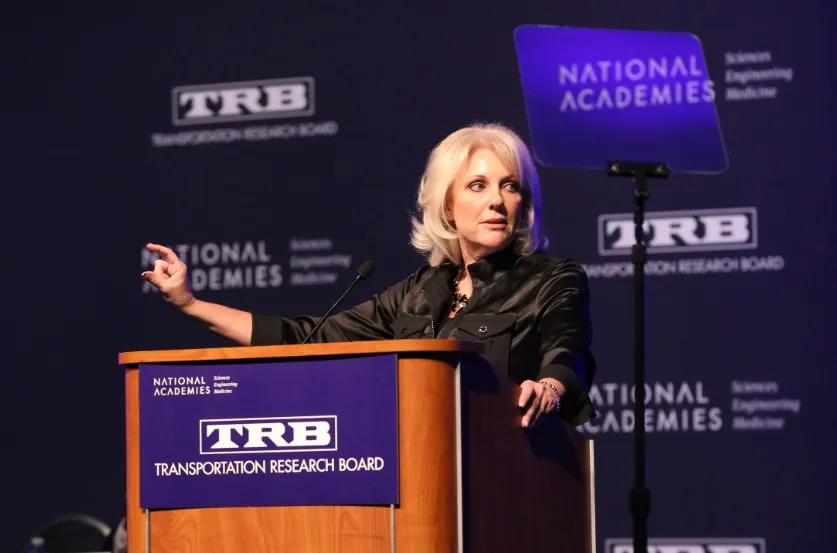
Transportation data specialist Flow Labs is growing its profile in the US and Canada via a new distribution partnership with Tapco (Traffic and Parking Control Co).
Tapco will deliver Flow Labs’ software portfolio – with an AI-powered platform which analyses data from connected vehicles and other sources to optimise traffic flows - to traffic agencies and its own customer base across North America.
Flow Labs Founder and CEO Jatish Patel says: “Like us, Tapco is committed to helping agencies fund their projects and work through federal grants like Safe Streets and Roads for All.”
“This agreement will allow more agencies to see and experience our AI solutions than any outreach we’ve conducted to date. Our solutions use existing and readily available connected vehicle data, so they’re cost effective and proven to reduce travel times and emissions while increasing safety.”
The company says its platform can reduce crash risk by 51%, cut emissions by 21%, and reduce travel times by 24%.
Patel adds: “We recently received new investment in the company and now with Tapco, we’re getting more eyes on our solutions than ever before. To be able to help agencies attack old problems with new ideas is very special.”
Tapco’s signal and parking ITS solutions manager Brian Everard said the collaboration was a ‘natural step’.
“By combining Flow Labs’ expertise in transportation technology with Tapco’s long-standing reputation in the industry, we are confident that we can continue to improve the transportation landscape to enhance safety and efficiency on our roadways.”










